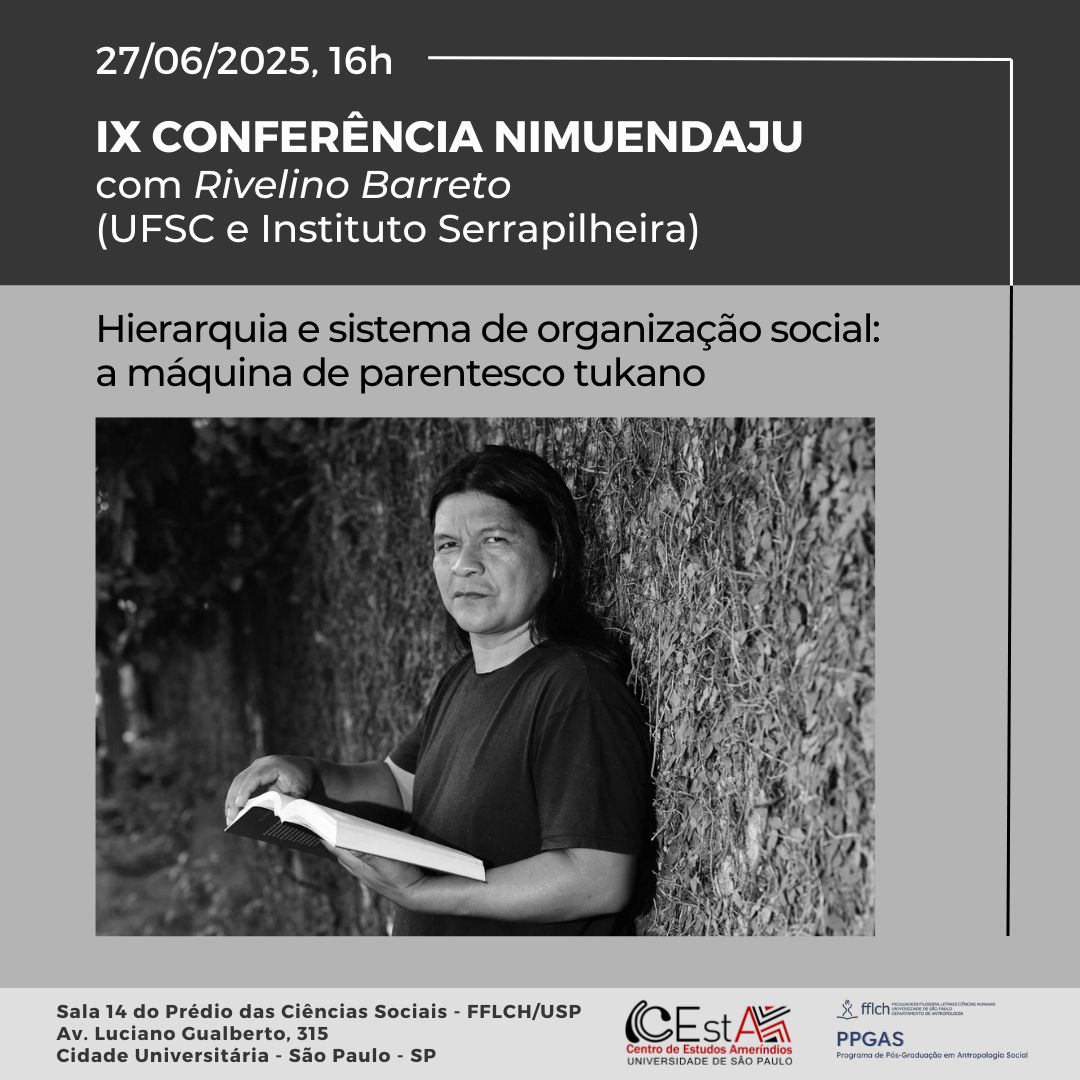In Brazil, as in other dimensions of the Highlands and Lowlands of the Amerindian scenario and context, each indigenous ethnic group has a specific, particular, independent and interdependent model of social organization guided by ethnic-wide methodologies that allow for a life followed by self-identification. Therefore, from the point of view of the ethnic scenario of Brazilian indigenous cultures, patrilineal systems and matrilineal systems prevailed as the foundations of self-identification of an ethnic group. More than being systems, they are in fact educational methods of a sociocultural framework. Given the scenario in which the demands of ethnic identifications become fundamental in the face of public policies and academic policies, necessary and differentiated as aspects of indigenous law, we intend to approach the theme Hierarchy and system of social organization: the Tukano kinship machine, as a way of providing debate based on the reading of the Tukano social organization experienced as an educational methodology and as a machine of indigenous social organization in the context of the northwest Amazon.
IX NIMUENDAJU CONFERENCE with RIVELINO BARRETO (UFSC and Serrapilheira Institute) - Hierarchy and system of social organization: the Tukano kinship machine
Start
Local
Room 14 of the Social Sciences Building - FFLCH/USP Av. Luciano Gualberto, 315


